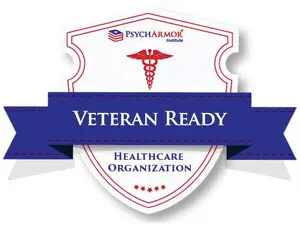U.S Prescription Drug Epidemic?
U.S Prescription Drug Epidemic?
Prescription drugs like Vicodin, Percocet, Oxycodone, Morphine, Roxicet, Fentanyl, Codeine, Propoxyphene (Darvon), Hydromorphone (Dilaudid) and Meperidine (Demerol) all have their intended medical purposes—and when used as intended, these drugs can help patients with extreme pain relief. But in recent years the abuse of, illegal distribution of, and addiction to prescription pain medications has turned into an epidemic in the United States. Everyday people who experience pain from injury or surgery are given these pain medications and some are soon turned into drug addicts. The chemical compound of these drugs make them highly addictive and the irresponsibility of some pharmacists, physicians, and patients combine to make prescription pills a very dangerous substance. Some drug abusers who illegally and continuously obtain prescription pills have displayed more addictive qualities then those addicted to heroin and cocaine.
Overall there’s been a lack of administration and policy concerning prescription pain medications, but recent events have attempted to buck that trend. The U.S Drug Enforcement Administration raided two CVS pharmacies in Sanford, Flordia (FL) in February because of suspicious orders of oxycodone from their prescription-drug wholesale distributor, Cardinal Health. According to the DEA report, the average pharmacy in the United States ordered about 69,000 oxycodone pills last year (2011). The two Sanford pharmacies, located about five miles apart, ordered more than 3 million pills during the same time. Later in February a judge actually blocked the DEA’s order against the two CVS stores selling the Cardinal Health controlled substances and granted Cardinal Health a temporary restraining order against the federal agency. Quite an interesting development, but clearly this case exemplifies that there is suspicious activity involving these drugs and something needs to be done about it.
The suspicion around the prescription pill problem in the United States is certainly interesting, but the more important issue in this story is the help that addicted patients need to kick their habit to these drugs. Individuals who abuse or are addicted to prescription medications can be treated. Initially, they may need to undergo medically supervised detoxification in order to help reduce the withdrawal symptoms—however, that’s just the first step. Options for effectively treating addiction to prescription pills are drawn from research on treating heroin addiction. Behavioral treatments combined with medications have proven effective. Finding the right treatment center can make all the difference for a patient because certain standard programs may not work. At Seabrook, patients can take comfort in knowing that we structure individually inspired detox and rehab programs in order to fit the needs of each unique patient. Seabrook has rehab facilities located in New Jersey (NJ) and Pennsylvania (PA) and also an outpatient office in New York (NY). Contact Seabrook today with any questions about prescription pill abuse, addiction, or treatment.



